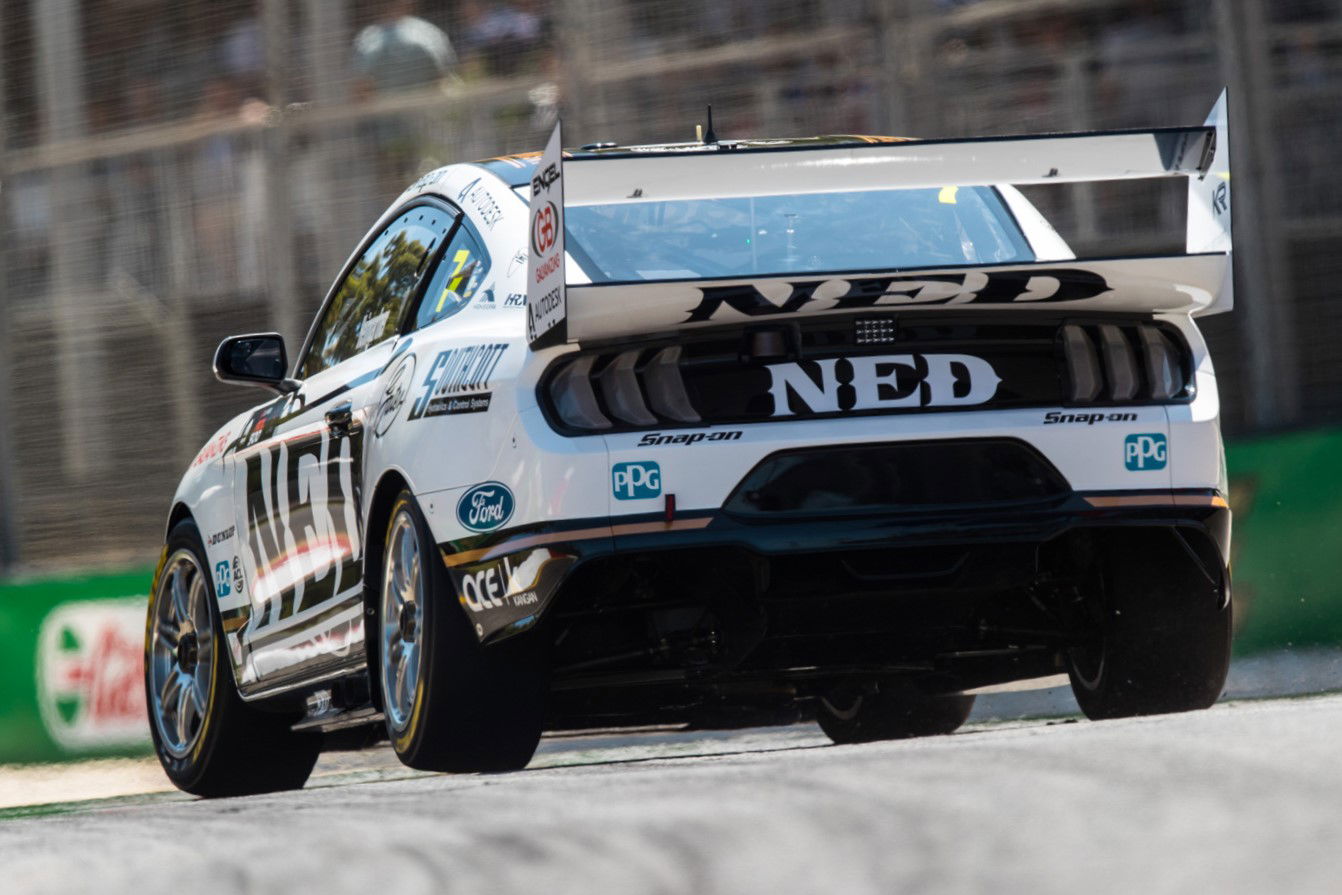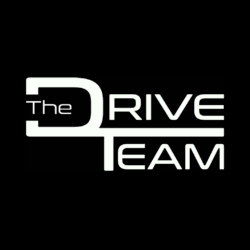

British Touring Car Championship boss Alan Gow says Supercars should ‘take away all the engineering masturbation’ and focus on entertainment.
The Australian-born businessman has been at the helm of the BTCC through two separate tenures, running it under TOCA from 1991 through to 2000, before a brief intermission when Octagon Motorsport took the reins.
The championship was relinquished in 2002 and Gow has been in charge ever since.
The current make-up of the BTCC features 12 different models of car on the grid, four of which feature factory backing. Though not all entries run manufacturer-derived engines.
The championship allows entries the use of a controlled BTCC-supplied TOCA branded ‘spec’ engine.
The 2.0-litre turbocharged engine can be fitted to any car built to the Next Generation Touring Car (NGTC) regulations, which were implemented in 2011 and are still used today.
Asked on the latest V8 Sleuth podcast whether a similar one engine formula could be applied to Supercars, Gow replied, “Yes, it would because I think all your engines now are anyway, aren’t they?
“So what’s the difference between having one engine manufacturer supplying the whole field? Why wouldn’t it work?”
Gow recalled the tumultuous period that saw BTCC rise in the early ‘90s under his watch, fall in the high-cost Super Touring era, and rise again in the early 2000s to where it is now.
The Super Touring era saw manufacturers pour significant investment into the development, with the likes of Formula 1 team Williams even involved.
By 2000, the final year of Super Touring regulations in the BTCC, just three manufacturers were left alongside two independent teams.
The championship went on to make wholesale regulation changes with the focus on cost-cutting.
A little under a decade after Gow returned to steer the championship, the NGTC regulations were introduced and has given the championship a stable footing.
Supercars finds itself in a similar situation now to what the BTCC was in during the late ‘90s and early 2000s with wholesale changes potentially afoot via the Gen3 regulations set for a 2022 introduction.
Asked whether Supercars and other motorsports can take some learning from what BTCC achieved, Gow said simplification is the key.
“We went through this after the Super Touring era when that finished, we all had hangovers from that,” said Gow.
“There were great learnings from the Super Touring era, how not to waste money and how to really appreciate what the viewers and the spectators want to see.
“We looked at things like the engine, no one on the side of the spectator bank cares about the internal workings of the engine.
“No one cares what the gearbox is like. No one cares what sort of diff a car has. No one cares what the electronics are like. No one cares how much telemetry there is between the cars and the pits or if there is any.
“All the spectator wants to see is good, hard, close racing. If you can deliver that, whilst stripping away all the unnecessary costs, then you’ve found the formula.
“That’s what we did with the current era of the BTCC. We just looked at it and said, ‘who cares if the gearboxes are all the same? Who cares if half the field has the same engine?’
“It doesn’t matter to anyone. No one differentiates between those things anymore, apart from the dyed-in-the-wool revhead.
“If you want to provide entertaining motorsport, then take away all the engineering masturbation exercise and just put on entertaining motorsport. That’s what we do.”
Gow believes technological relevance is ‘pretty rare’ in motorsport nowadays, unlike the ‘90s during the Super Touring phase of the championship.
Ultimately, he said more emphasis needs to be put on drivers and not engineers.
“Why go down that technological route? The teams like real-time telemetry, what’s all that about? Why do you need real-time telemetry between cars and the pits?” said Gow.
“If you give too much information to the driver, then you will make the driver drive to the engineer rather than driving to his own seat of the pants and drive to the race unfolding around him.
“We don’t allow any real-time telemetry. We don’t allow that sort of stuff. That’s what makes the racing even better.”




















Discussion about this post